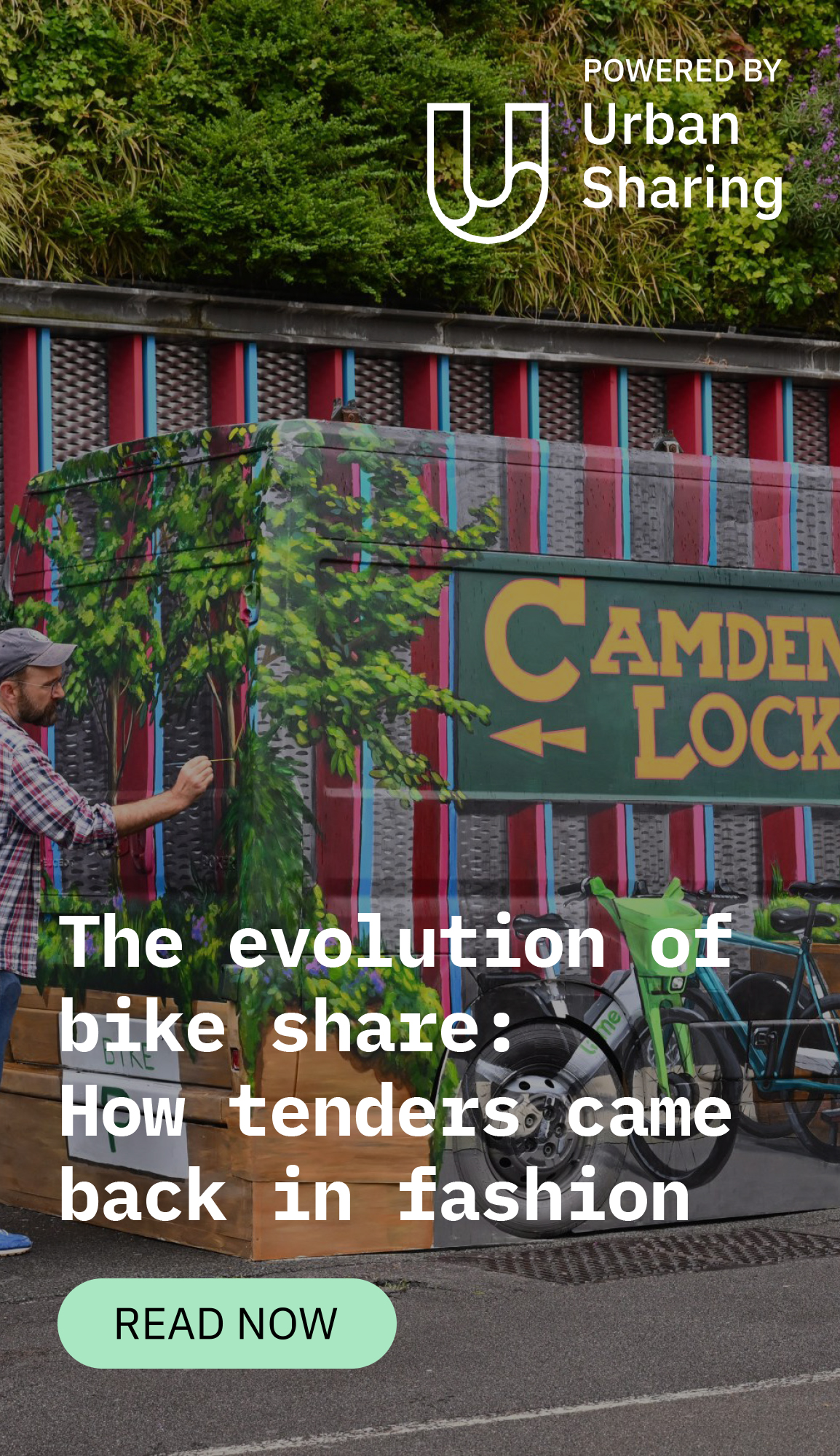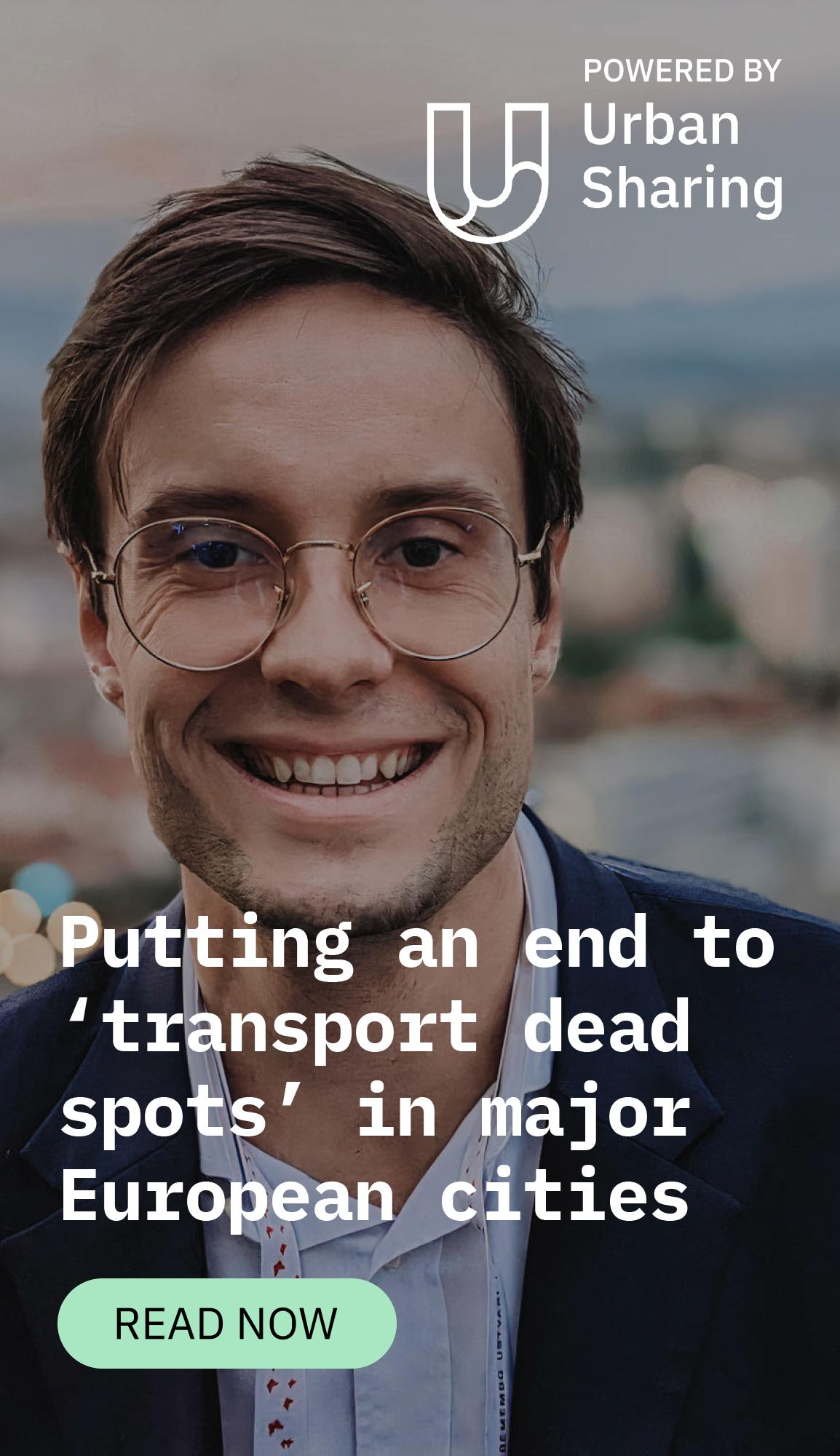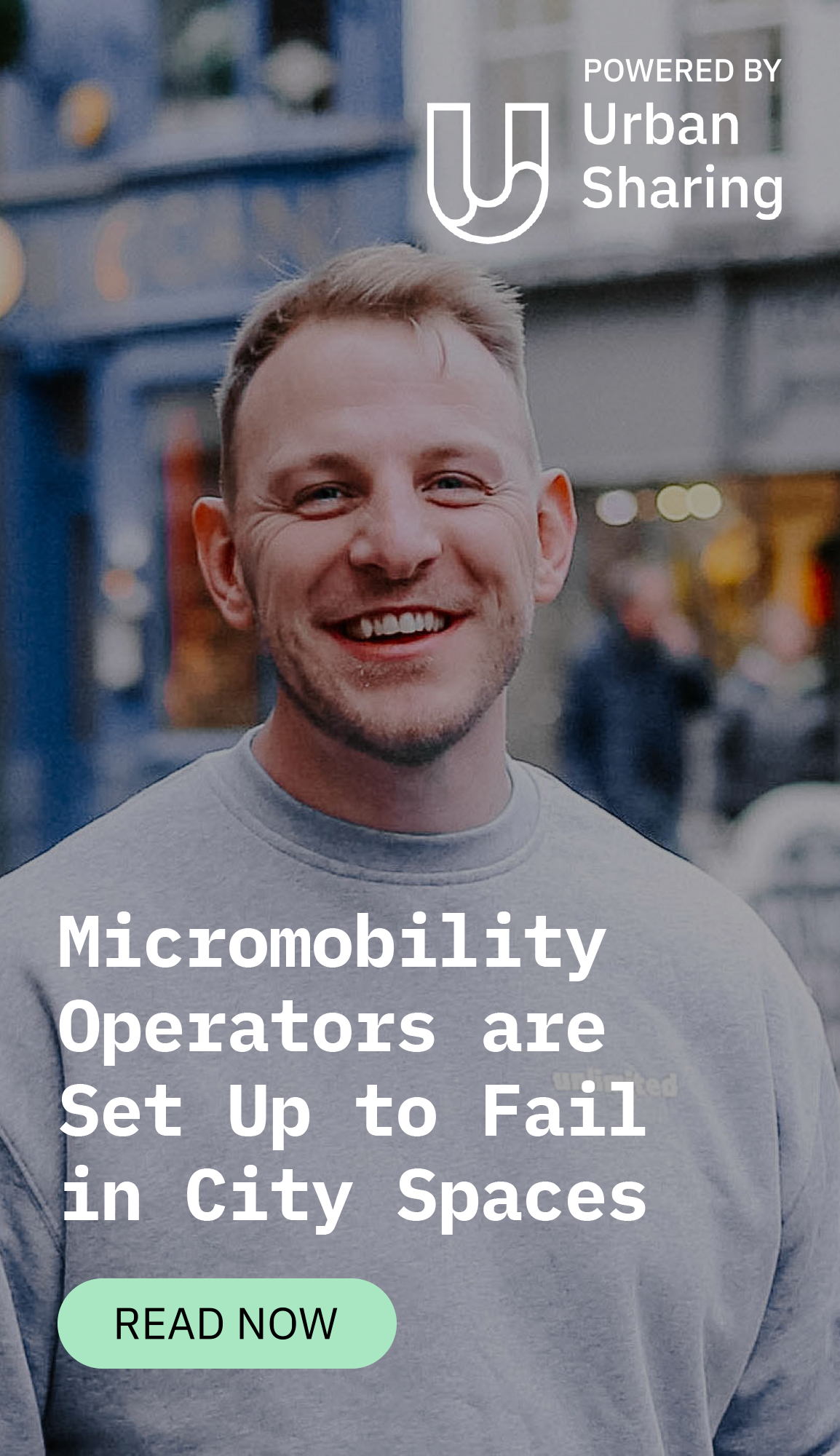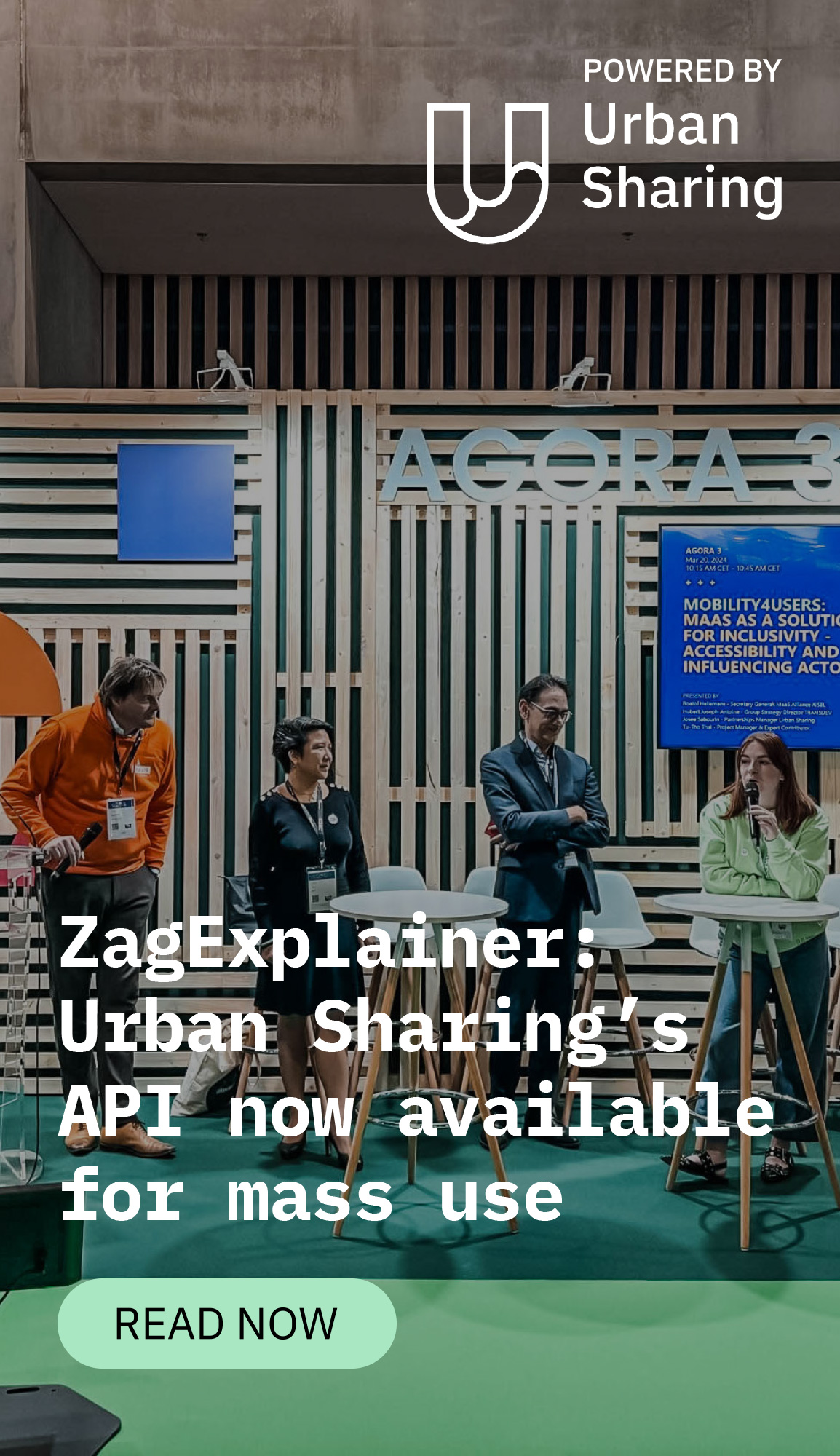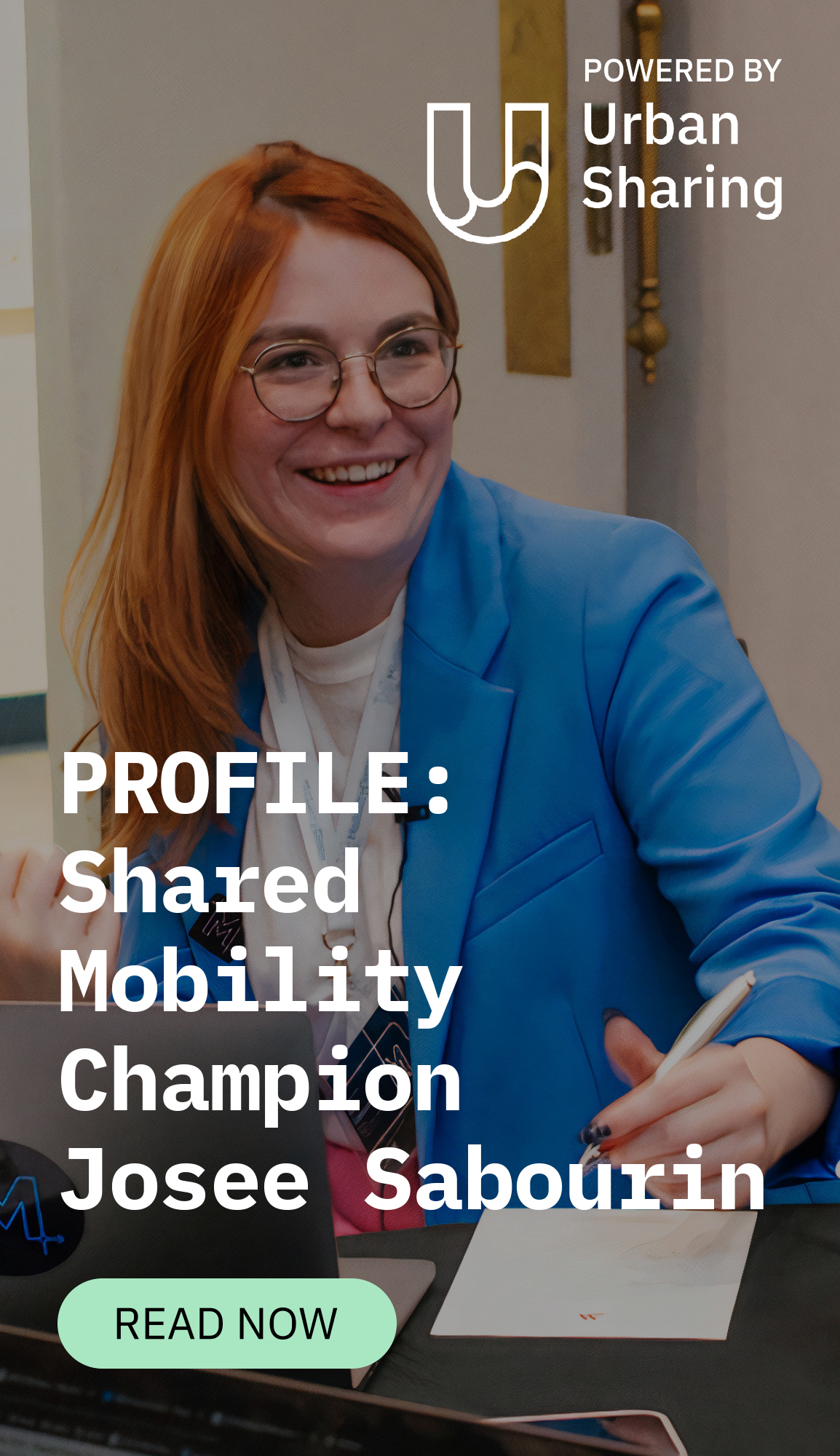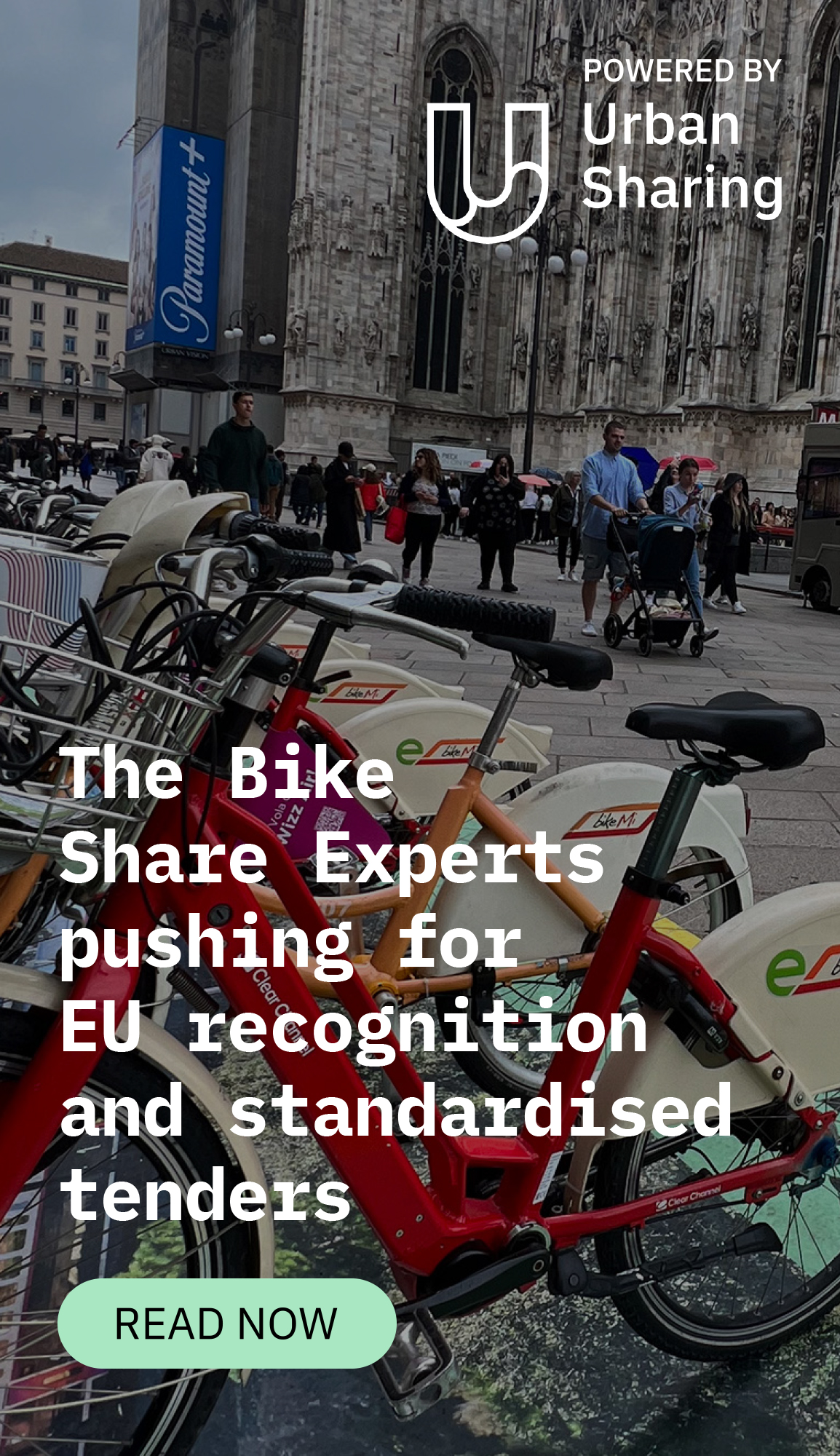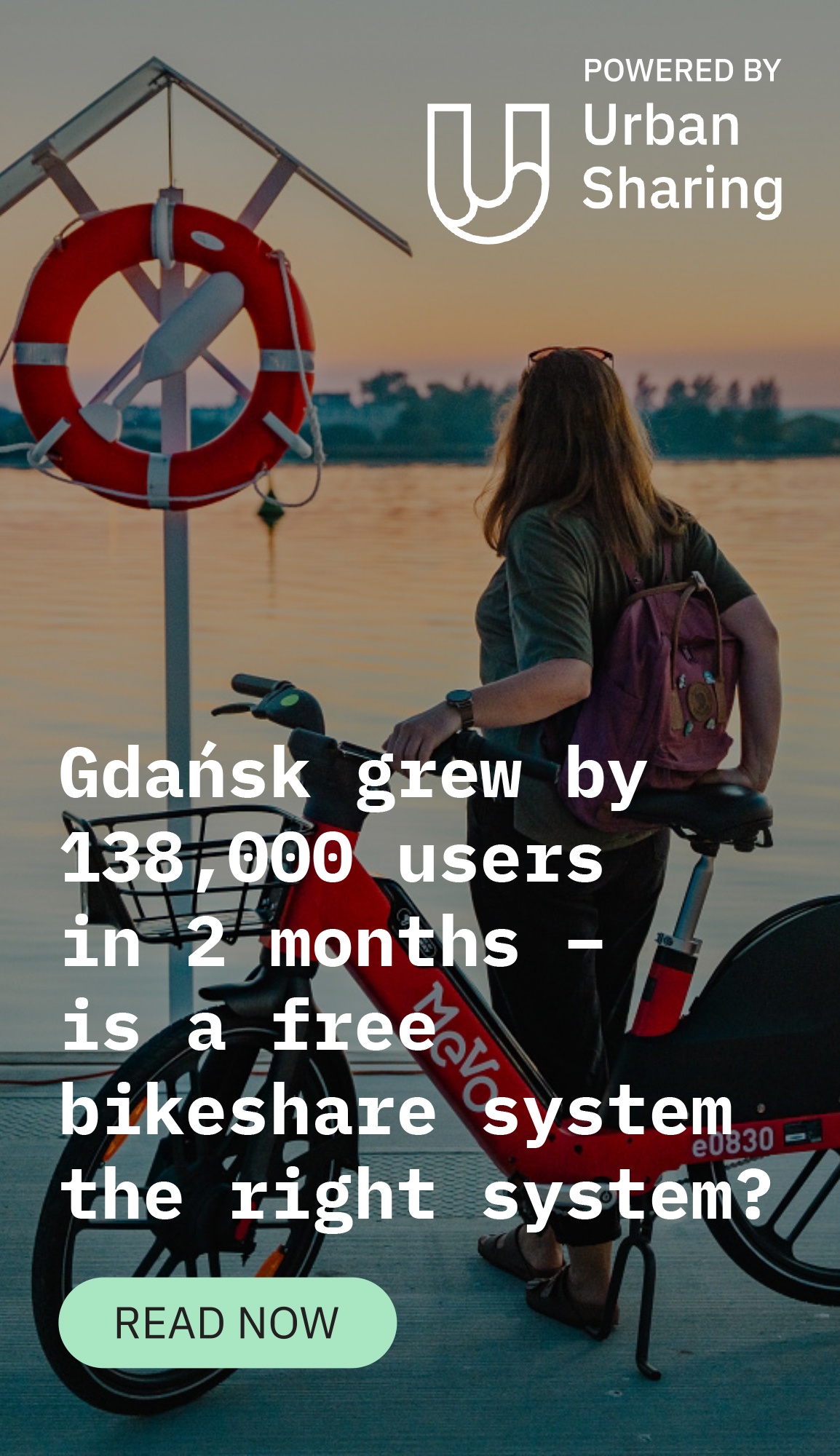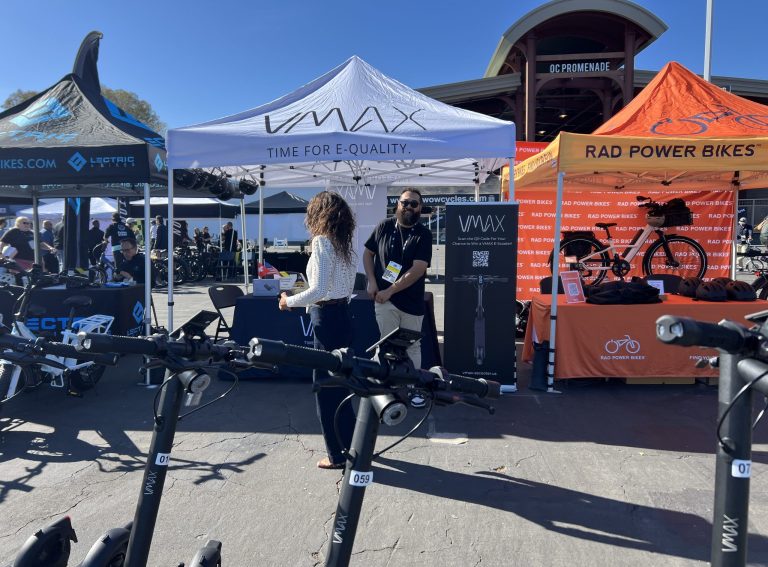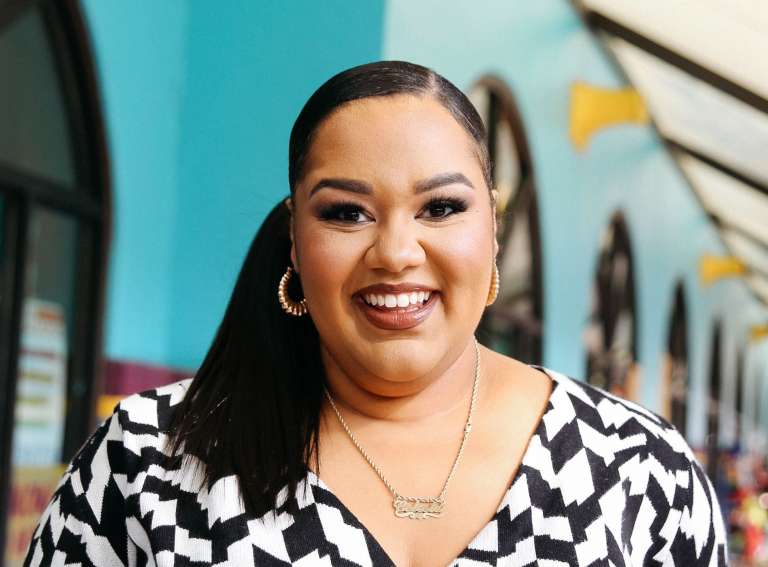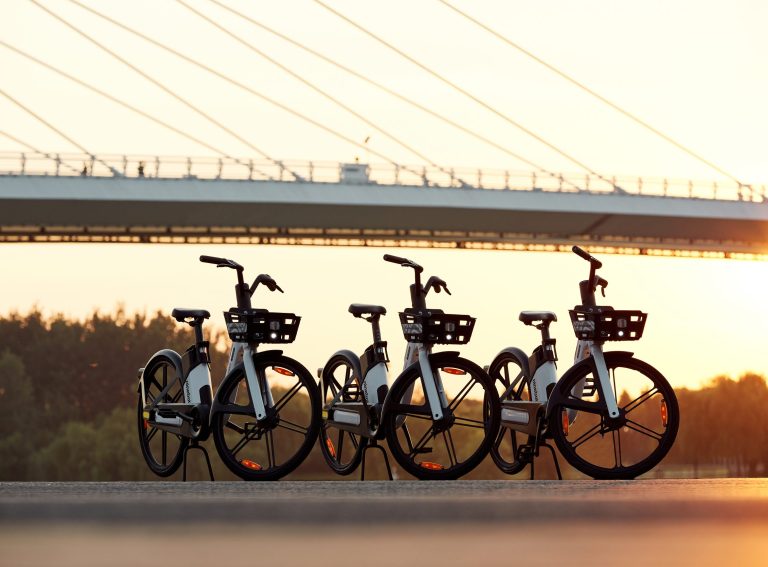Author: Phil Ellis, CEO and Co-Founder, Beryl
Six months on from the launch of our e-scooter safety training scheme – Scoot Happy – we can see it’s having a positive impact in getting people riding more regularly.
Launched in April, the scheme is designed to sharpen e-scooter skills, boost rider confidence and reinforce the importance of responsible riding.
In-person sessions are held in the operating areas where we run our Department for Transport (DfT) trial schemes – Norwich, Bournemouth, Poole and Isle of Wight – and participants book-in using Eventbrite.
For those unable to attend sessions, the scheme also offers a convenient online course, focusing on users’ roadcraft skills and their ability and awareness when sharing road space with others. Participants that complete the guide get a free 30-minute journey and those who complete the full course get a free 60-minute journey.
What the numbers tell us
Analysis from Scoot Happy’s first six months of operation demonstrates its success in breaking down barriers to regular use.
Of all the riders that have taken part in our Tryouts, a one hour session with Beryl staff split into theory and practical lessons, they have made an average of 8.7 journeys each since participation.
Those who have undertaken the more in-depth Skills Sessions, a two-hour course run by Bikeability instructors, have made an average of 10.3 journeys each since participation. These figures show that riders feel equipped to use the scooters independently after receiving training.
The events held so far have therefore generated thousands of extra journeys from riders who felt they needed additional help to feel safe enough to use an e-scooter regularly. If we assume that the vast majority of these journeys would not have been made without the training, we can say it has saved tonnes of carbon dioxide emissions. This is based on industry calculations that take into account modal shift from cars, vans and motorbikes.
Anecdotal feedback
Direct user feedback tells us that the Scoot Happy initiative has coincided with a significant drop in safety concerns.
Our latest Annual Demographic Survey collated feedback from more than 3,000 riders across all our schemes during summer 2022. Just 4% of users said safety concerns were a barrier to riding more often. That represents a significant drop from the 9% who said it was a barrier last year.
Feedback also shows that again, just 4% of those asked this year said that safety concerns were a barrier to taking their first ride, compared to 12% last year. So we can see that the tour’s introduction has coincided with a considerable drop in people citing safety as a reason not to ride more or even try riding initially.
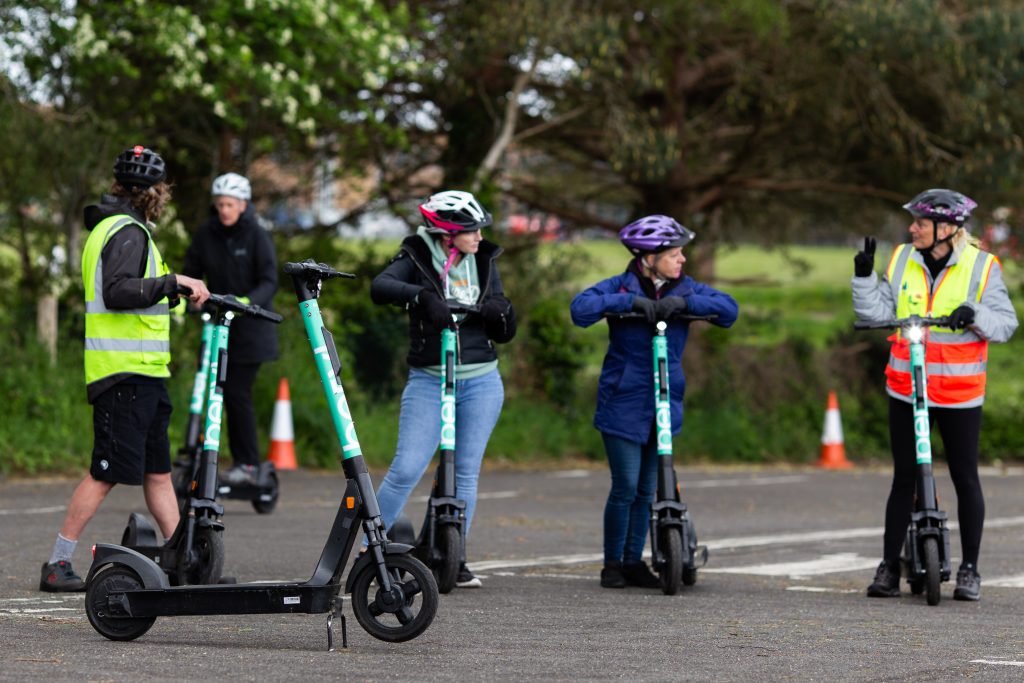
Some direct feedback from course participants reinforces the positive impact it has had on people’s perception of safety and fear of using sustainable transport.
- “The course was really helpful in giving me confidence to try scooters out in the real world.”
- “I was extremely nervous, but I feel better now.”
- “It prompted me to have a go on a scooter, and realise how easy it is to use, so I will definitely try to use more instead of my car for shorter journeys around Norwich.”
Demographics – who is using the training?
When splitting our 2022 Annual Demographic Survey results by gender it shows that safety is a barrier to 6% of female riders riding more or for the first time, compared to 3% of male riders. Of the 229 people that participated in our in-person sessions, 47% of those were female and so we’re been pleased to see such a positive take-up from female riders.
However, of those participants whose ethnicity was recorded, an overwhelming 89% were recorded as ‘White British’, while 5% were ‘Asian or Asian British’, 4% ‘Black, Black-British, or Afro-Caribbean’ and 2% as ‘other ethnic group’. So there is more to do to make these sessions accessible to a wider range of people.
We are already taking steps to address this with our Asylum Seeker and Refugee Project, which starts this month at the Kings Park Cycle Centre in Bournemouth. A six month project, run by BCP Council with Sport England funding, the course will provide Bikeability training and instructor-led rides to asylum seekers and refugees who are living in two hotels in Bournemouth.
The project will aim to remove some of the barriers to sustainable travel that asylum seekers and refugees may face, including not having a smartphone or bank account/payment card. It will also provide a choice of 23 language specific posters on how to access Beryl services, to display at the hotels, as well as free Minute Bundles.
The bigger picture
Ultimately, we value our customers and their feedback, which is why we run our Annual Demographic Survey and will often use feedback to shape strategy, effect change and inform future decisions.
The data, both numerical and anecdotal, shows us that by proactively trying to address people’s concerns over safety with projects such as Scoot Happy, we are removing the barriers that discourage people from trying or regularly taking up sustainable transport.
By continuing to target these barriers, we can make real progress in our scheme areas in getting people out of cars and vans, cutting traffic congestion and harmful emissions, while improving air quality and public health.

